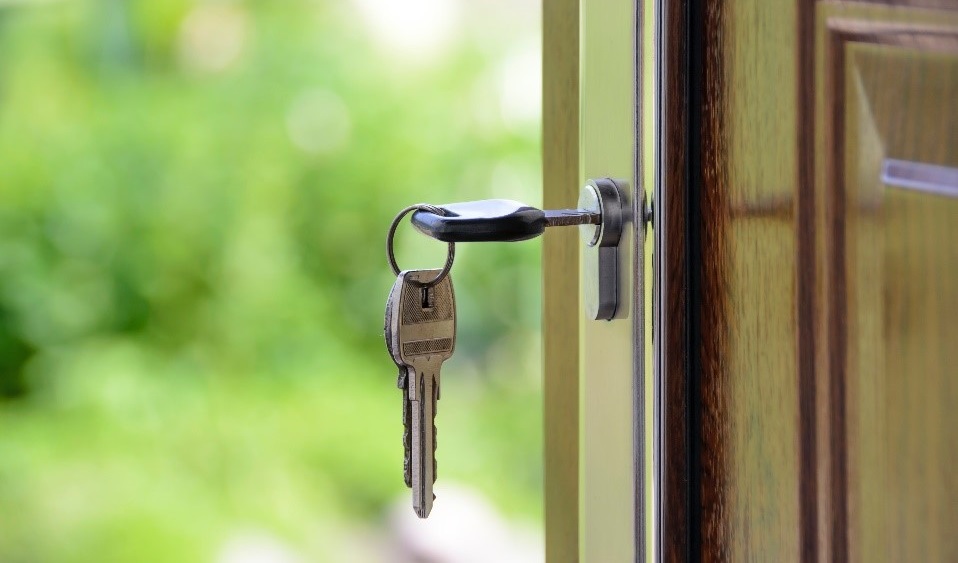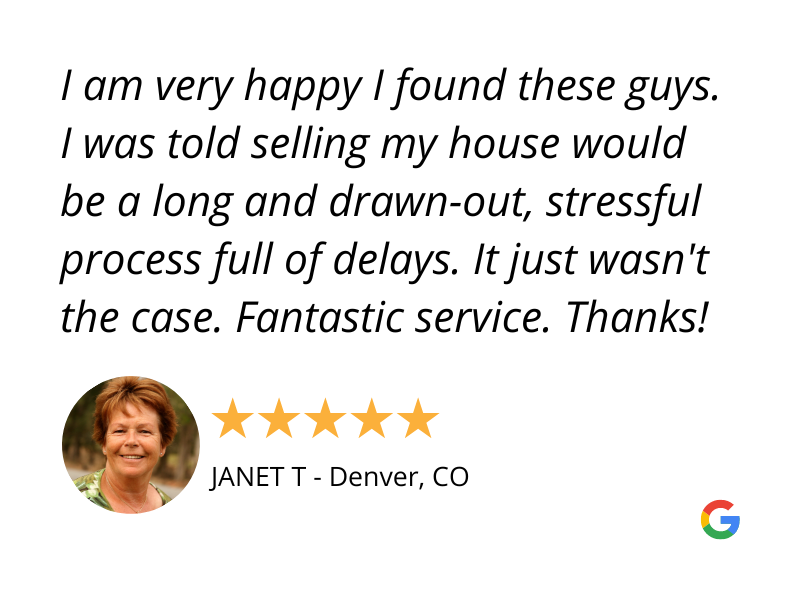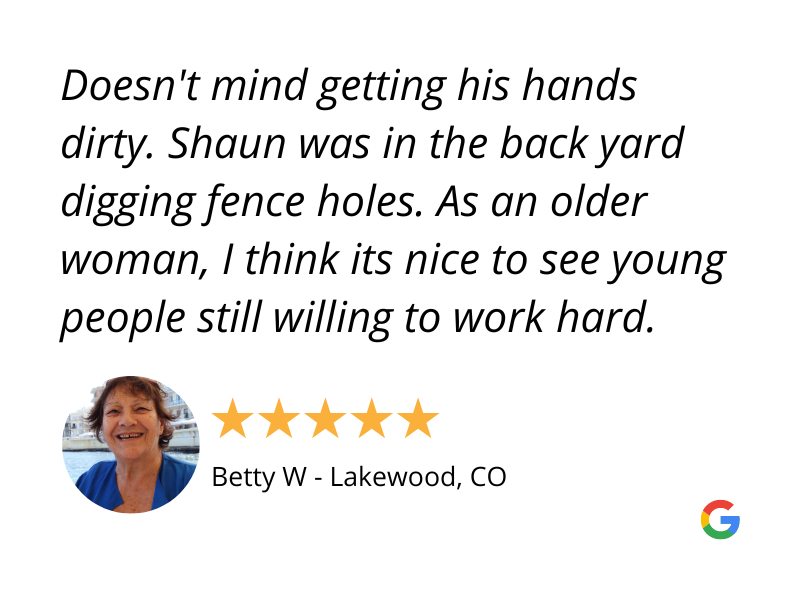There are many reasons why someone might want to do a cash-out refi, including:
- Paying off a credit card.
- Managing household bills.
- Using the cash to invest.
- Or perhaps taking that dream vacation.
Because there are many moving parts and financial implications to consider I felt it necessary to create a complete guide on whether you can sell and whether you should sell your house after taking cash out of your property through a refinance.
First let me say, doing a cash-out refinance, and taking equity out of your home are basically the same thing.
That said, let’s answer some of the pressing questions you have around cash-out refi’s.
Can You Sell Your House After A Cash Out Refinance?
STRAIGHT TO THE POINT:
You can sell your house after a cash-out refinance.
How do I know?
I know because of several reasons:
- I have done this myself several times.
- As a home buyer, I have bought houses after the owners did a refi.
- The 3rd reason I know I can sell my house after taking out cash is I literally just spoke to my banker, who verified that I am allowed to, but she did caution me there can be conditions.
More Info About Selling Your Home After a Cash Out Refinance
In this guide, I will definitively answer your question:
“Can I sell my house after a cash-out refinance?” (I think you know you can already…)
But I will also cover the following topics:
- How soon you can sell after a cashout refinance.
- Penalties you may incur from your lender.
- Taxes you might have to pay.
- Reasons to cash-out.
- Calculating the break-even point.
Table of Contents
How Soon Can I Sell My House After a Cash-Out Refinance
You can sell your house immediately after a cash-out refinance unless your mortgage has a condition that says you can’t.
The most common example of this would be an owner-occupancy clause.
What is an owner-occupancy clause and how does it affect me selling my house?
An owner-occupancy clause stops owners from selling their homes within a certain time period. This is normally 6-12 months.
If you are not sure if your loan has an owner-occupant clause prohibiting the sale you can find out easily.
To find out simply contact your lender.
If your mortgage has an owner occupancy clause then you have to wait until that time period has passed before you sell.
If you are thinking about doing a cash out refinance be sure to check if the new loan includes a owner-occupancy clause.
Penalties for Doing A Cash-Out Refi
There are financial implications you must consider before you take equity out of your property. Most would say an owner-occupancy clause is a restriction – not a penalty. This is because it doesn’t cost you money, just time.
However:
When you cash out there are definitely costs you will have to pay.
Some of these costs will be immediate and some over the course of many years.
Let’s take a closer look.
Common costs involved with a cash-out refinance
When you do a cash-out refinance, you borrow more money, and take the extra cash do spend as you will.
It’s a new, bigger mortgage. But it’s not free. There’s always a catch.
Like any refinance, or new loan, a cash -out refi loan will have closing costs. There may also be penalties for closing your old loan.
Here are the most common expenses to consider:
Are there closing costs on a cash-out loan?
Closing Costs: Yes, there are closing costs when you do a cash out refi.
Just like with your first mortgage, you have to pay fees when you refinance. These can be 2-5% of your new loan amount.
Higher Interest Rates: Sometimes, the interest rate for a cash-out refinance can be higher than your original mortgage. This means you might pay more money in interest over time.
Longer Loan Term: If you get a new loan with a longer term, you’ll be paying it off for more years. This could mean more interest payments over the life of the loan.
Risk of Foreclosure: If you can’t make your new, higher mortgage payments, you could lose your home. It’s important to be sure you can afford the new payments before you refinance.
Reduced Home Equity: When you take cash out, you have less equity in your home. This means you own less of your home outright, which could be a problem if home prices fall.
Potential Tax Implications: The cash you get might be taxable, and the new mortgage interest might not be fully deductible on your taxes. It’s a good idea to talk to a tax advisor about this.
Remember, refinancing isn’t free money.
It’s a new loan with its own costs and risks. Be sure to think it through and talk to a financial advisor if you’re not sure.
Do I have to pay capital gains tax on a cash-out refinance?
No, you do not have to pay capital gains tax on a cash-out refinance.
You don’t have to pay capital gains because the IRS sees the money as a loan you must repay.
In fact, you don’t have to pay income tax on the cash either. Because the money is a loan versus income, you don’t have to pay any tax.
In fact, a cash-out refinance may even have tax benefits. Learn more about potential tax breaks here, like potential tax deductions and more.
Cash-out Refinance or Sell My House?
This is a great question; the answer has a few things to consider.
There are 3 very important questions to ask yourself:
The most important question you must answer is:
Why are you considering selling your house?
Are you trying to downsize and reduce your mortgage payment? Perhaps you want to live closer to your job or family and friends.
These scenarios cannot be solved by getting cash. In these circumstances it might make more sense to selling versus taking money out of your house.
ON THE OTHER HAND:
If you love your current home, can see yourself living there for quite some time then but are facing financial difficulties, want to pay down a credit card, or perhaps renovate your house, then getting money to do so make more sense.
If you do a cash out be prepared to answer this question…
Which I believe is the second most important question:
What are you going to do with the cash?
Money gurus will tell you that if you plan to invest the money for a higher return than the interest you incur, then:
YES, YOU SHOULD TAKE THE CASH OUT.
Other financial experts will tell you that you should never “gamble” with the equity in your home, no matter how confident you are. Because of this, the answer would be:
NO, YOU SHOULDN’T TAKE THE CASH OUT.
But what if you want to take a vacation? Buy a new car? or renovate your bathroom? (I’ll hit on this in a second)
Like many questions, the answer is never this: black and white.
One thing I can say is:
The money is 100% yours, and you can legally do anything you want with it.
The third set of questions you have to ask yourself:
Should I do a cash out to renovate my house, take a vacation, or buy a new car?
I’m starting to drift from the original topic of selling my house versus cash-out refinance, but I felt impelled to cover these three items briefly:
Cash to renovate: Renovating your home will add value, which might be a good reason to refi. A new bathroom, kitchen, or finishing the basement will all increase the ARV and if you choose to sell, help you sell your home fast.
Plus:
Not only will your house be worth more, but you will also enjoy it.
Cashout to buy a new car: Absolutely not.
Cashout to take a vacation: Again, absolutely not, in my opinion. Nor is the opinion of many experts.
How Long Does It Take to Break Even On A Cash-Out Refinance?
The break-even point will vary from situation to situation:
If you did a simple refinance to lower your interest rate, the break even point is calculated by:
Total Cost to Refinance divided by Monthy Savings = Number of Months until You Break Even.
However:
What if you took the money and invested it?
Can I Sell My House After A Cashout Refi? Conclusion
Cash-out refinancing is a home equity loan that allows you to upgrade or improve the value of your property before you sell.
Many home improvement projects may qualify for tax deductions while increasing your home’s value, including installing a security system, replacing windows, adding a swimming pool, setting up a centralized heating and air conditioning system, and improving or replacing your roof.
These improvements are easier to complete with a home equity loan, which can also modify a house for future rental income, higher value, and improvements to your investment property.





